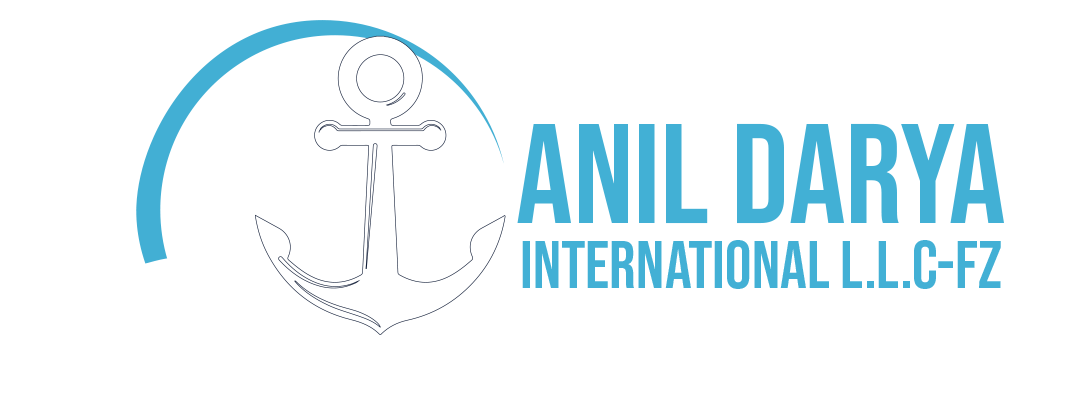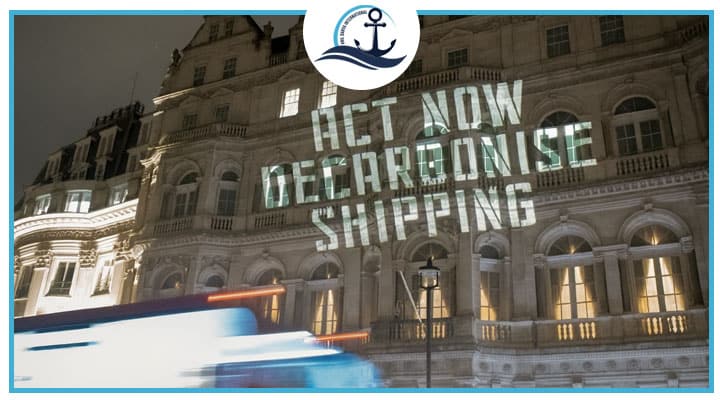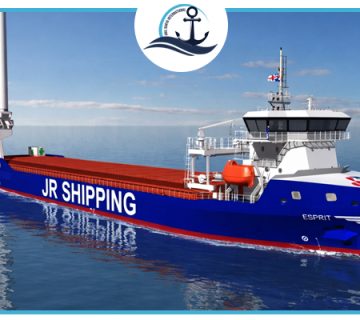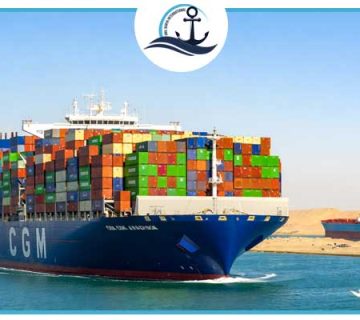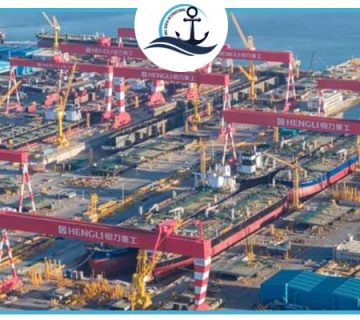|
Getting your Trinity Audio player ready...
|
US and Saudi Arabia Challenge IMO’s Net-Zero Framework, Threatening Maritime Climate Goals
The United States and Saudi Arabia have launched a coordinated effort to stall or derail the International Maritime Organization’s (IMO) Net-Zero Framework (NZF) — a landmark policy designed to introduce a global carbon pricing mechanism for shipping. The move, announced during this week’s Marine Environment Protection Committee (MEPC) meeting in London, has drawn sharp criticism from governments, industry leaders, and climate advocates who warn it could jeopardize the future of sustainable sea freight.
Procedural Maneuver to Delay IMO Climate Action
On the second day of the MEPC’s extraordinary session, Washington and Riyadh jointly proposed replacing the IMO’s long-standing “tacit acceptance” process — in place since 1973 for implementing MARPOL amendments — with a far slower “explicit acceptance” method.
Under tacit acceptance, new IMO rules automatically take effect 10 months after adoption, unless a sufficient number of member states object. Explicit acceptance, however, requires two-thirds of governments to individually ratify the changes — a system the IMO itself has acknowledged “rarely works.”
The United States justified the shift as a “safeguard for global trade”, arguing that a slower process would give countries more time to assess the economic impact of the Net-Zero Framework, particularly on shipping costs and freight competitiveness. Saudi Arabia echoed this stance, citing “deep divisions” among IMO members and calling for “prudence” before enforcing global carbon measures.
Strong Opposition from Other Member States
The proposal immediately met fierce resistance from a majority of IMO members, including Denmark, Canada, Australia, the European Union, Brazil, Kenya, and India, who warned that the new approach could cripple future rule-making and erode the organization’s credibility.
“Explicit acceptance sometimes simply does not work,” Brazil cautioned.
“The current system is crucial to maintaining trust in the IMO’s ability to deliver timely and effective regulation,” India added.
Industry representatives also voiced alarm. The World Shipping Council (WSC) warned that explicit ratification would cause “years or even decades of delay,” deterring investment in zero-carbon fuels and undermining the global sea freight industry’s decarbonization efforts.
Divisions Deepen as China Changes Position
In a surprising reversal, China — which initially voted in favor of the NZF earlier in the week — appeared to support the US-Saudi procedural amendment on Wednesday. The shift added fresh uncertainty ahead of the final vote scheduled for Friday, intensifying the diplomatic tension surrounding the framework.
According to The Guardian, Saudi Arabia has also been funding travel and offering incentives to delegates from developing nations to vote against the NZF — part of a broader campaign to dilute or delay global carbon reduction targets in the shipping sector.
What’s at Stake for Sea Freight and Global Trade
If adopted, the Net-Zero Framework would establish the world’s first global maritime carbon pricing mechanism, directly influencing freight rates, bunker fuel choices, and sea freight logistics. For the shipping industry — responsible for roughly 3% of global CO₂ emissions — the NZF is seen as a critical step toward meeting IMO’s 2030 and 2050 climate targets.
Analysts warn that further delays could undermine decarbonization investment, stall the adoption of ammonia, methanol, and hydrogen-powered vessels, and weaken confidence in international climate governance.
The outcome of the MEPC vote will determine whether the IMO can maintain its authority over global maritime emissions policy or whether geopolitical interference will fragment the path toward sustainable sea freight.
